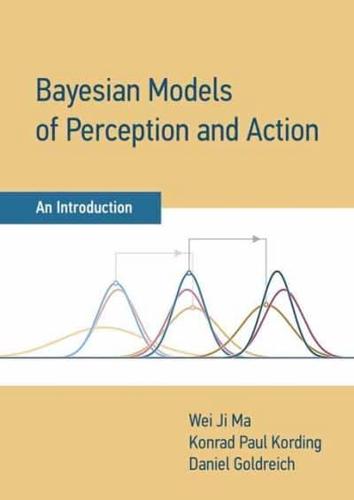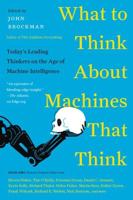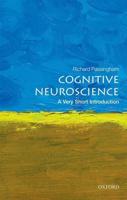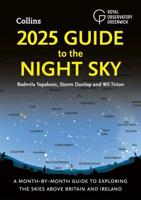Publisher's Synopsis
An accessible introduction to constructing and interpreting Bayesian models of perceptual decision-making and action. Many forms of perception and action can be mathematically modeled as probabilistic-or Bayesian-inference, a method used to draw conclusions from uncertain evidence. According to these models, the human mind behaves like a capable data scientist or crime scene investigator when dealing with noisy and ambiguous data. This textbook provides an approachable introduction to constructing and reasoning with probabilistic models of perceptual decision-making and action. Featuring extensive examples and illustrations, Bayesian Models of Perception and Action is the first textbook to teach this widely used computational framework to beginners. Introduces Bayesian models of perception and action, which are central to cognitive science and neuroscience Beginner-friendly pedagogy includes intuitive examples, daily life illustrations, and gradual progression of complex concepts Broad appeal for students across psychology, neuroscience, cognitive science, linguistics, and mathematics Written by leaders in the field of computational approaches to mind and brain







